ETHOS
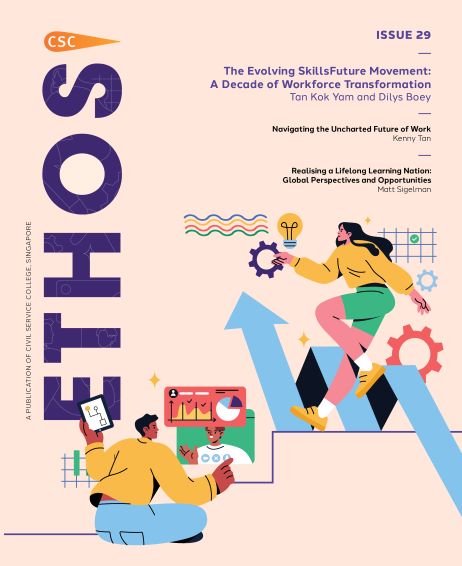
Issue 29 , Nov 2025
ETHOS Issue 29
In collaboration with SkillsFuture Singapore and Workforce Singapore, this special issue of ETHOS reflects on ten years of the national movement to prepare Singaporeans for an uncertain future by nurturing a culture of lifelong learning, skills mastery, career design and workforce transformation. Featuring a Foreword from Head of Civil Service Leo Yip, reflections from past and current leaders of the SkillsFuture movement, and expert insights on how learning and work could evolve in light of new technologies and a changing world.

Editorial
by Alvin PangFor the past ten years, the SkillsFuture movement has sought to prepare Singaporeans for an uncertain future, by nurturing the attitudes, approaches and actors needed for a resilient workforce to thrive in the face of anything tomorrow might hold.

Foreword
by Leo YipWDA’s efforts represented Singapore’s first national push to embed skills upgrading and lifelong learning into our workforce and societal culture, laying the foundation for what would later become the SkillsFuture movement.

The Evolving SkillsFuture Movement: A Decade of Workforce Transformation
by Tan Kok Yam and Dilys BoeySingaporeans can look forward to thriving, dynamic workplaces in future — with smarter job and career design, and clearer tangible benefits from continual learning and upskilling.
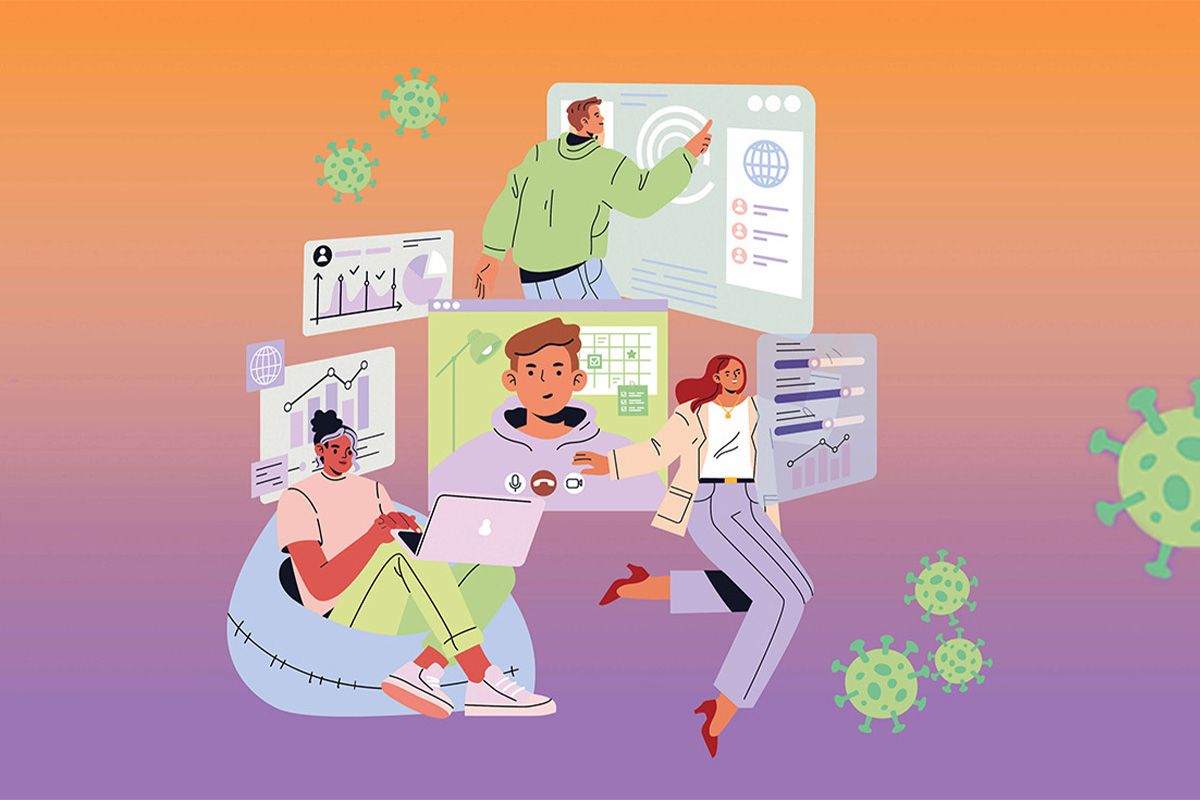
Saving Livelihoods Amid the Pandemic
by Ong Tze-Ch’inCovid-19 tested the resilience and relevance of the SkillsFuture movement like nothing before. The Chief Executive of the SkillsFuture Singapore agency at the time shares his story of the fight to support workers in an unprecedented crisis.

Learning Through Crisis: Workforce Singapore’s Crucible of Fire
by Tan Choon ShianThe former Chief Executive of Workforce Singapore reflects on the agency’s beginnings and the COVID-19 pandemic, drawing lessons for the SkillsFuture movement and underlining the vital importance of communication, adaptability and leadership.

Leaving No Worker Behind: SkillsFuture and Singapore’s Labour Movement
by Patrick TayThe National Trades Union Congress (NTUC) is a core partner in the effort to transform and uplift Singapore’s workforce. NTUC Assistant Secretary- General Patrick Tay assesses the labour movement’s role, and what more can be done in the next bound.

Navigating the Uncharted Future of Work
by Kenny TanThe Career Health SG initiative bridges lifelong learning to lifelong careers, bringing tools and services to help Singaporeans and businesses thrive, with richer labour market intelligence and a more robust career and employment services ecosystem.

Integrating Workforce Development with Enterprise Transformation through the SkillsFuture Movement
by Dilys BoeyThe Chief Executive of Workforce Singapore (WSG) highlights how enterprise and workforce transformation are two sides of the same coin, and what the agency is doing to build synergies and better outcomes for both employers and individuals in a rapidly changing job landscape.
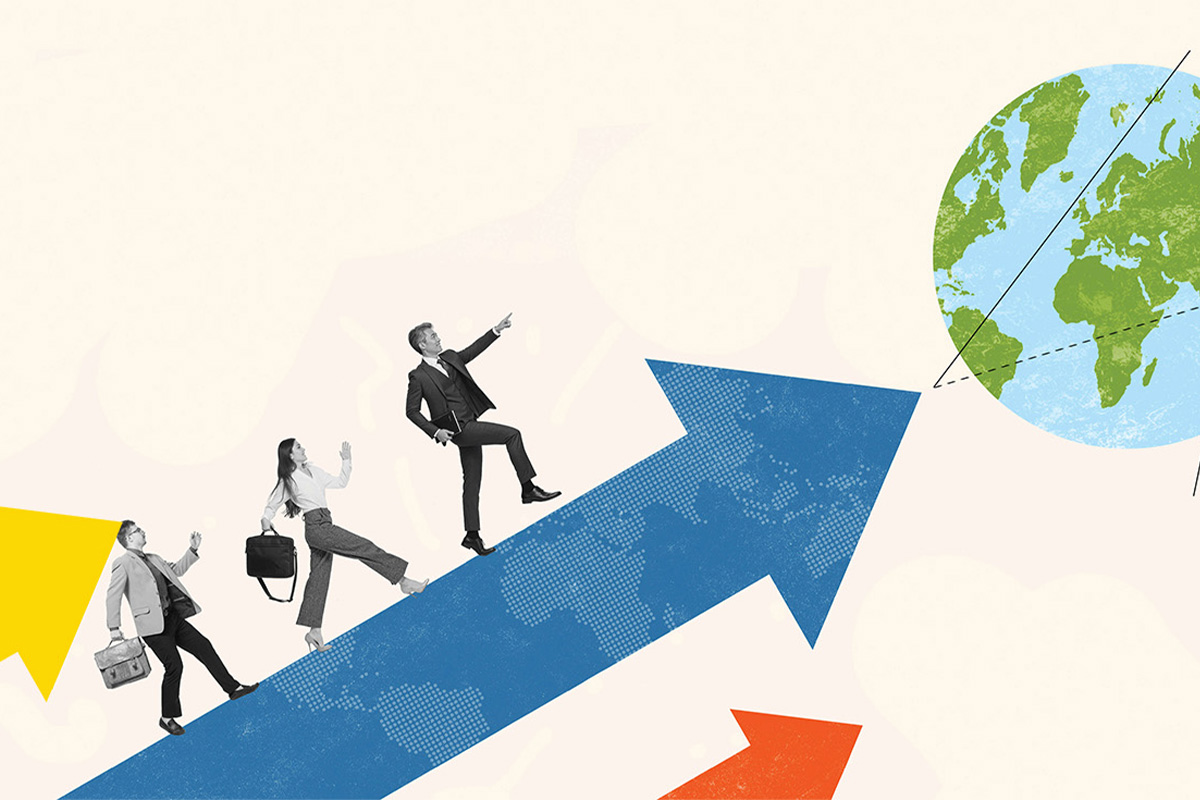
Realising a Lifelong Learning Nation: Global Perspectives & Opportunities
by Matt SigelmanAs technology and other forces fundamentally reshape what work means, we will need new ways for individuals to continually reskill through life, supported by coordinated systems that link industry needs, educational offerings, and trusted skill standards.
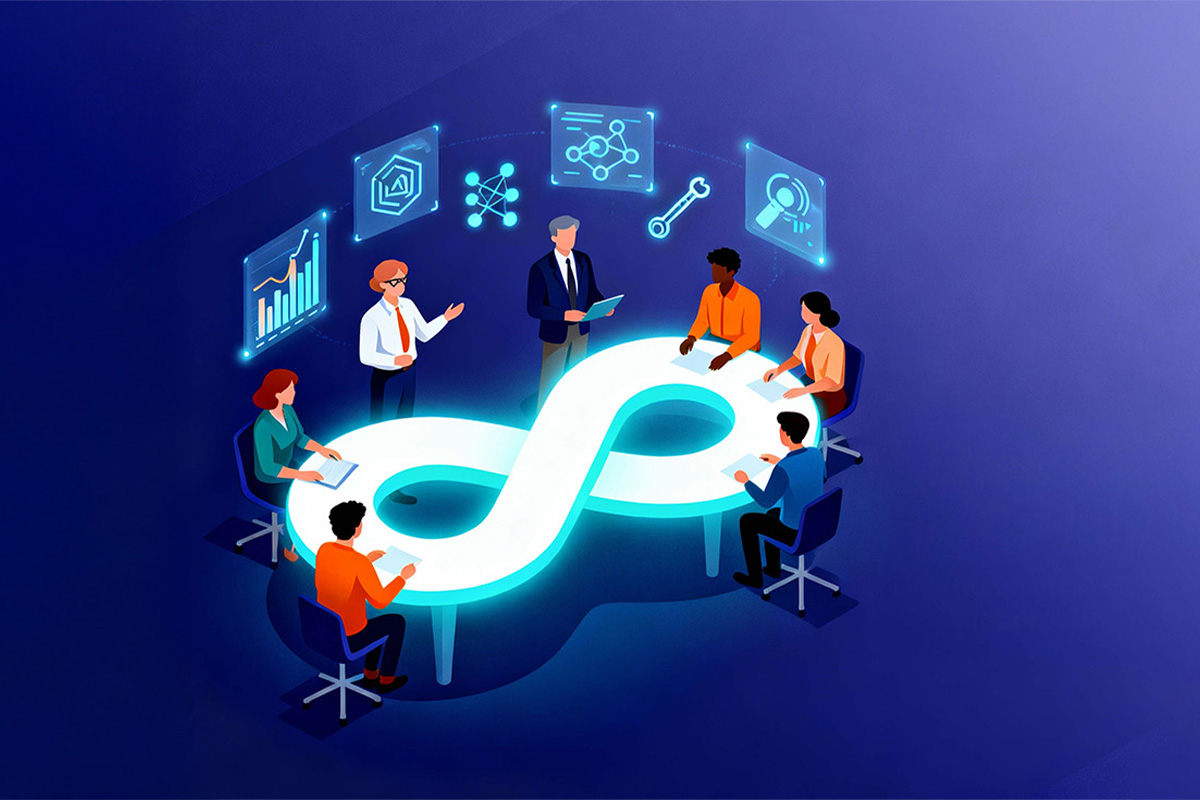
Nurturing the Continuing Education and Training Ecosystem
by Renee TanFor the national skills movement to be greater than the sum of its parts, efforts need to be more inclusive, collaborative, and creative.

Building a Skills-First Society
by Gog Soon JooSingapore’s Chief Skills Officer argues we need a fundamental rethinking of human capital and how to realise its full potential for the future.
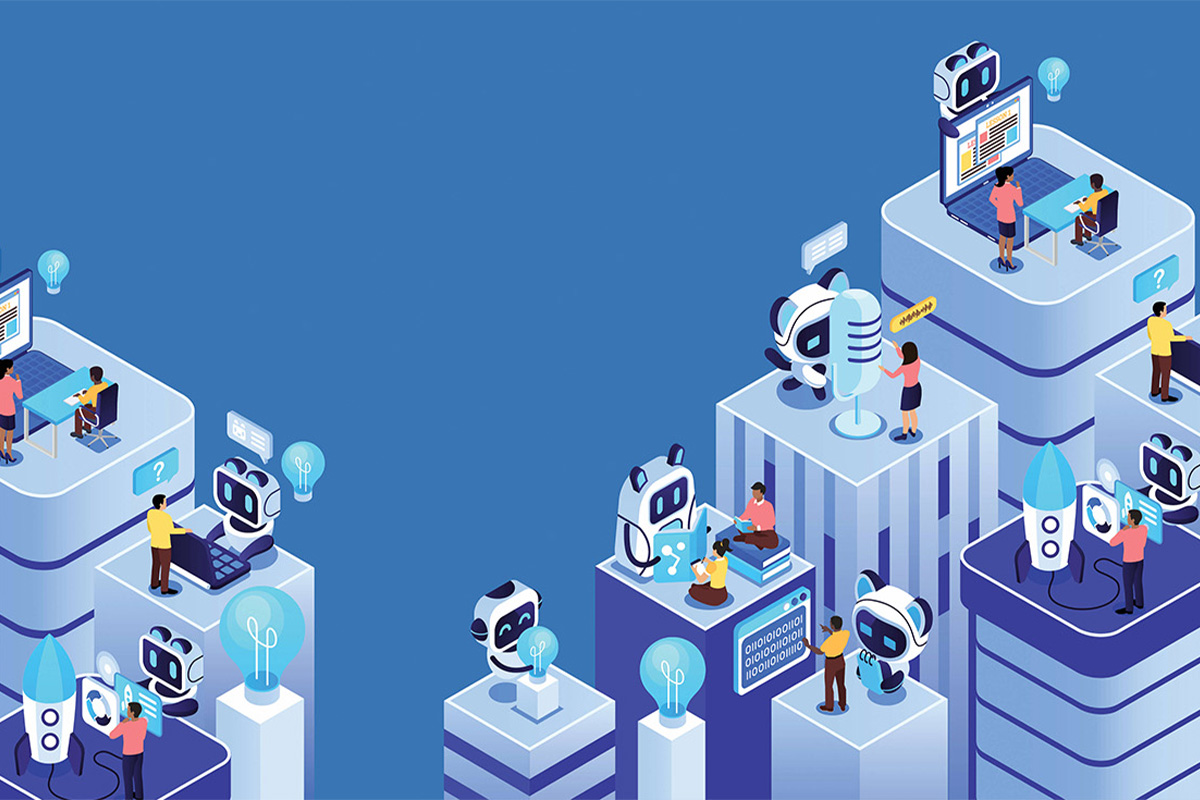
How AI is Transforming Continuing Education and Training
by Chang Sau SheongAI is transforming how we work — and how we learn at work. GovTech Singapore’s Chief Technology Officer and Deputy Chief Executive argues that using AI to level up workplace learning isn’t optional: it is key to helping public officers stay competitive, effective and engaged.

42SG: Transforming Learning for an Emerging Future
by Koh Chye Soon and Priscilla PangIn today’s world, where the digital realm is as tangible as the physical, the ability to thrive in both is no longer a luxury — it is a necessity. A radical new model of education reimagines learning as project-driven, self-directed, community-based, and human-centred.

Learning & Evolving Together: NLB’s Transformation Journey
by Ng Cher PongAs a leading player in Singapore’s lifelong learning ecosystem, the National Library Board has embarked on a quest to reimagine and renew itself for the future — along with its patrons and every member of its team.

Reframing Work for the Future
by Desmond ChewThe CPF Board’s Agency Services Group (ASG) shows how public agencies can build future-ready capabilities through workforce transformation and continuous learning, supported by strong internal staff engagement and comprehensive planning.
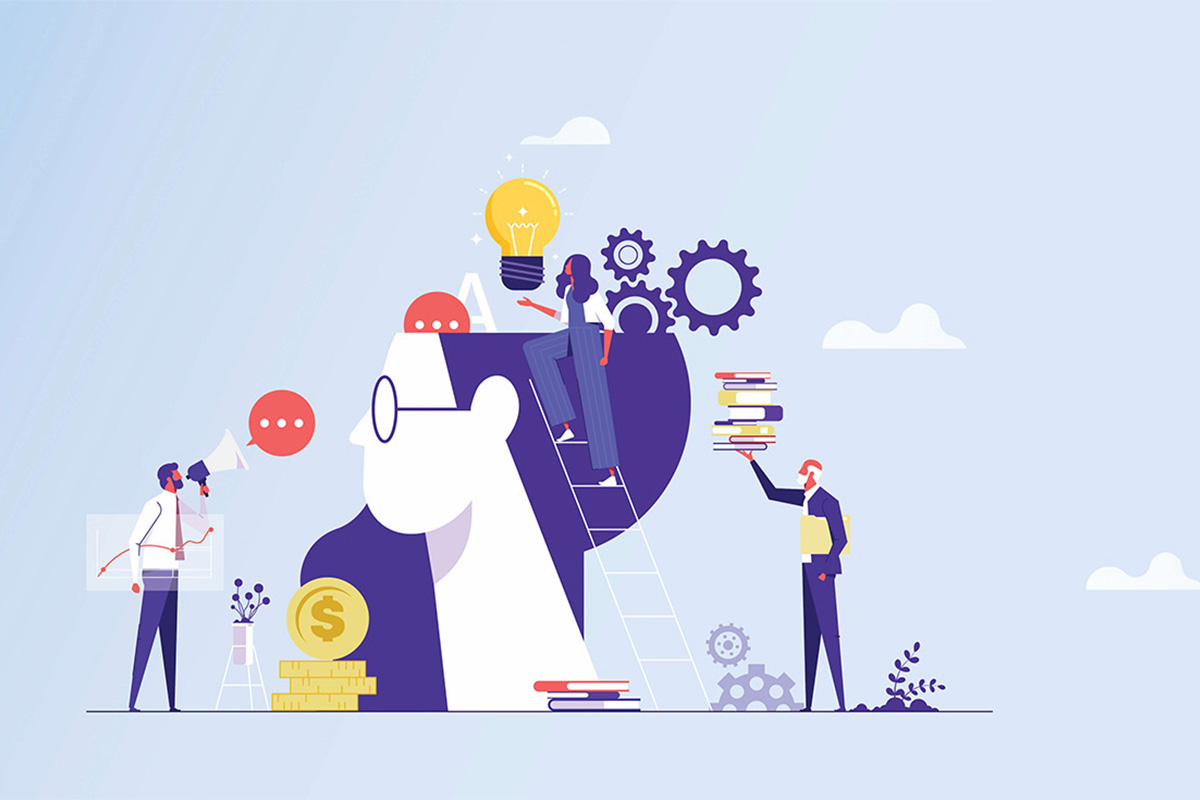
Skilling Up for the Future
by Tan Kok YamSkillsFuture Singapore (SSG) is the agency driving the SkillsFuture movement nationally. Its Chief Executive shares how the agency is meeting the needs of a rapidly changing world of work — and what organisations can do to level up for the future.

